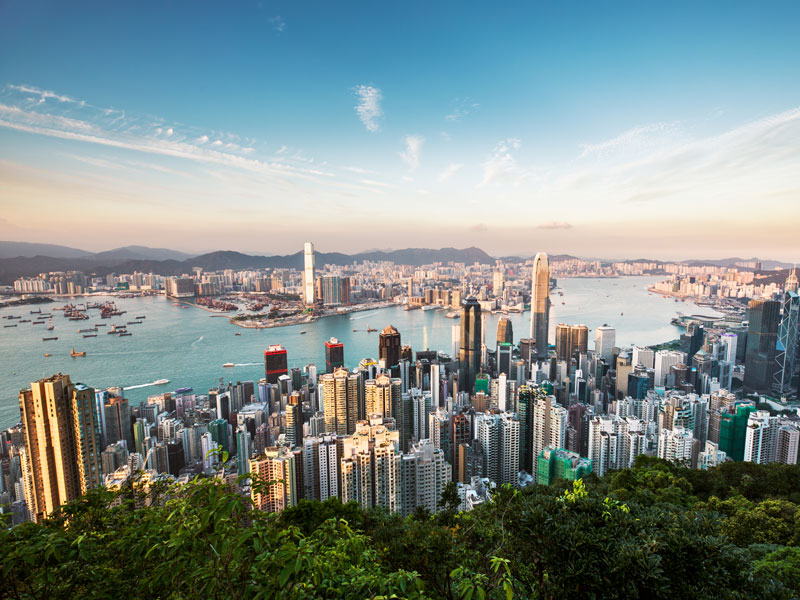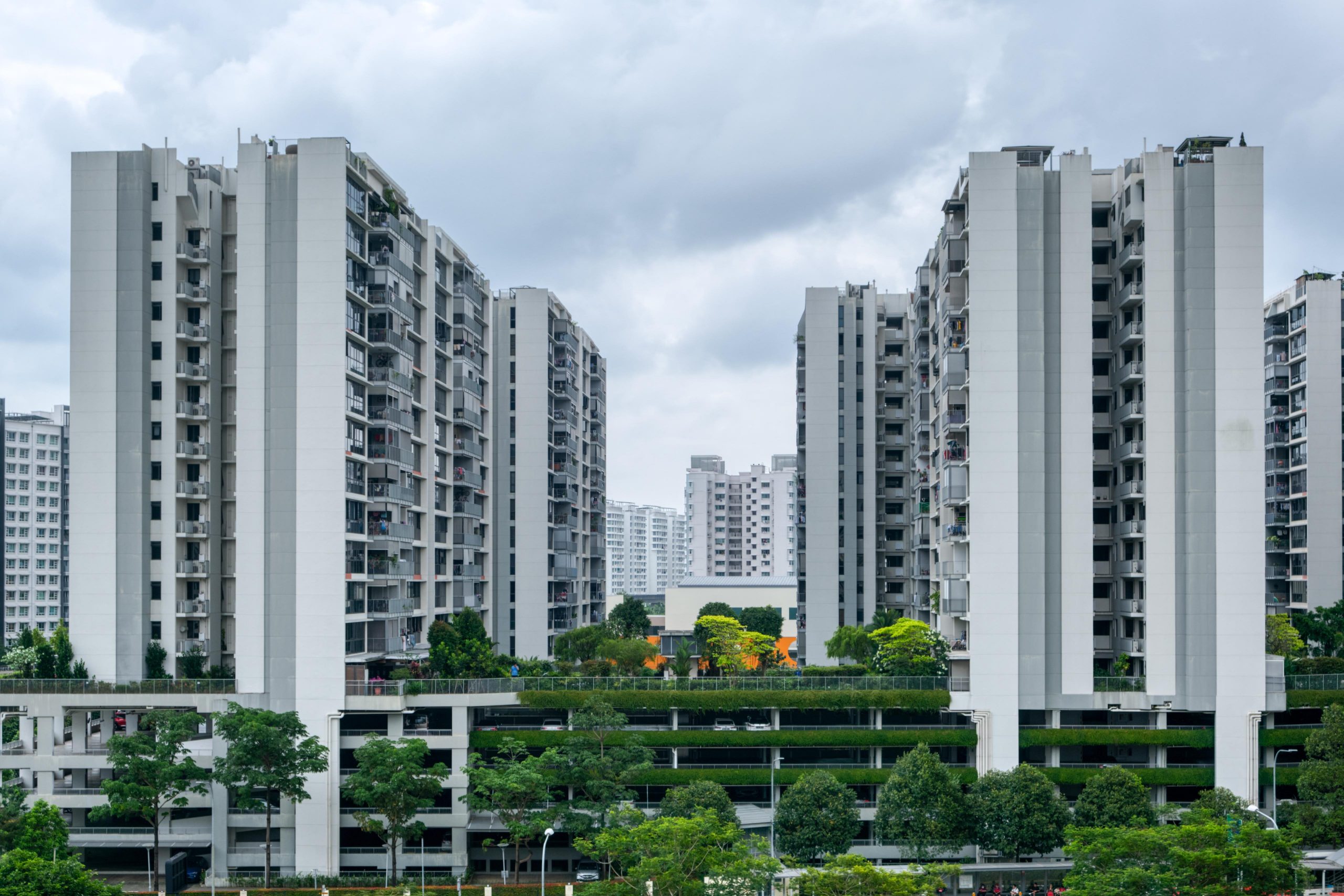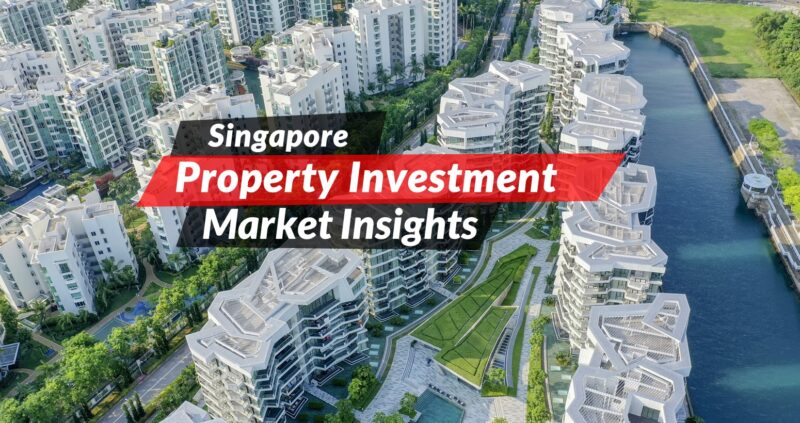Purchasing real estate in Singapore can be a tantalizing proposition for foreign buyers, inviting them to explore the vibrant landscape of this dynamic city-state. However, navigating the intricacies of the property market requires more than just enthusiasm.
From understanding the legal framework to grasping the nuances of property types, prospective investors must equip themselves with essential knowledge. Singapore’s real estate market is not only a sanctuary for luxury living but also a complex landscape shaped by regulations and cultural factors.
As such, it is vital to immerse oneself in the critical aspects that define this market, ensuring that every step taken is informed and strategic. In this article, we delve into the key considerations foreign buyers should keep in mind before embarking on their Singapore real estate journey.
Legal Framework for Foreign Buyers

Navigating the legal landscape for foreign buyers in Singapore’s real estate market can be both intricate and rewarding. Foreign investors must first understand that while purchasing residential property is allowed, certain restrictions apply, particularly for landed properties, which typically require government approval.
Additionally, foreigners are subject to a higher stamp duty than locals, making careful financial planning essential. For those exploring opportunities such as the Skye at Holland showflat, it becomes even more important to factor in these regulations early in the process, ensuring that the investment journey is clear and compliant from the start. It’s prudent to engage with a local legal expert who can illuminate the nuances of the Property Act and clarify the responsibilities tied to ownership, such as property taxes and maintenance regulations.
Buyers should also consider the implications of the Foreign Ownership of Land Act, which outlines specific criteria for ownership and usage. With due diligence and an informed approach, foreign buyers can successfully navigate this dynamic market, ensuring that their investment not only adheres to legal stipulations but also aligns with their long-term goals.
Financial Considerations

When considering a real estate investment in Singapore, foreign buyers must navigate a landscape marked by various financial implications. First and foremost, understanding the additional buyers stamp duty (ABSD) is crucial, as foreign purchasers face a significantly higher rate compared to Singaporean citizens. This initial cost can impact the overall budget considerably, making it essential to factor it into your financial planning.
Beyond the ABSD, there are other expenses to account for, such as legal fees, maintenance costs, and potential renovations. Furthermore, currency fluctuations can sway purchasing power; a shift in exchange rates could either bolster or diminish the attractiveness of your investment.
It’s wise to consult with financial advisors who specialize in international real estate to gain insights into market trends and financing strategies tailored for foreign buyers. Investing in Singaporean property can be lucrative, but being well-informed about these financial factors ensures that you make sound decisions in a vibrant, yet complex market.
Choosing the Right Property Type

Choosing the right property type in Singapore can be a daunting yet exhilarating task for foreign buyers. The city-state offers a diverse range of real estate options, from luxurious condominiums in bustling neighborhoods like Orchard Road and Marina Bay to quaint landed houses in suburban areas. Each property type comes with its own set of legalities, ownership restrictions, and potential returns on investment.
For instance, non-Singaporean residents are generally allowed to purchase private condominiums but face restrictions when it comes to landed properties. Moreover, the evolving market trends and lifestyle preferences—like the growing allure of eco-friendly developments—further complicate the decision-making process.
Therefore, before diving headfirst into a purchase, its essential to conduct thorough research and consider factors such as budget, intended use, and future resale potential. When you take time to weigh these options, youll not only ensure a wise investment but also find a property that truly resonates with your lifestyle aspirations in this vibrant city.
Conclusion
In conclusion, navigating the Singapore real estate market as a foreign buyer requires careful consideration of the legal frameworks, financial obligations, and unique market dynamics that define this vibrant city-state. By understanding the various property types available, the immigration regulations impacting purchase rights, and the importance of engaging knowledgeable professionals, investors can make informed decisions that align with their goals.
A visit to developments such as Skye at Holland showflat can provide valuable insights into the luxury real estate options available, showcasing the high-quality living standards that Singapore offers. With the right preparation and resources, foreign buyers can successfully enter this dynamic market and enjoy the benefits of investing in one of Asia’s most desirable locations.


